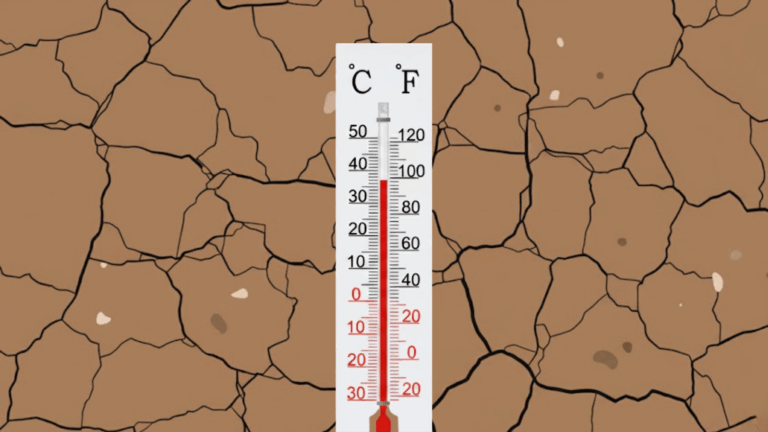‘Toothless’ sanctions
Why the world’s largest waste management company made a $3 billion bet on the US.
Current Access Level “I” – ID Only: CUID holders, alumni, and approved guests only
Past Event
October 12, 2018
9:30 am - 11:00 am
Please join the Center on Global Energy Policy for a presentation and discussion on Equinor’s Energy Perspectives 2018 Edition with Eirik Wærness, Senior Vice President and Chief Economist at Equinor. The Energy Perspectives report addresses some of the key questions facing the global energy market – how much will energy demand grow over the coming decades? Is the world going through an energy transition? What is the future investment need in energy supply? The projection period runs until 2050 and covers all the main regions, sectors and fuels. In order to capture the wide outcome space for future energy markets, Energy Perspectives uses three scenarios based on different assumptions about regional and global economic growth, geopolitics, technological development, energy efficiency, and energy and climate policies: Reform, which takes as a starting point the national climate targets of the Paris agreement (COP21), and puts gradually more weight on market-driven developments in global energy markets, with policies playing a supportive role. Renewal, which is a very ambitious back-casted scenario delivering a trajectory for emissions consistent with the 2-degree target. Rivalry, which is impacted by geopolitical conflict and larger differences in regional developments, both with regard to economic development and transformation of the energy systems. Registration is required. Guests unable to attend can view a livestream of the event at http://energypolicy.columbia.edu/livestream. A podcast of this event will be available ~12 days after the date of the event through iTunes and our website. This event is open to press. Please direct media inquiries to Jesse McCormick ([email protected]) For more information contact: [email protected]
This event is open to Columbia University students only. Join the Center on Global Energy Policy’s Women in Energy initiative for an interactive discussion on human rights and...

https://www.youtube.com/watch?v=vWh5WQVVMLc Global gas markets are set to undergo major changes by the end of the decade, with the coming wave of liquefied natural gas (LNG) production capacity poised...

On October 22, the United States Department of the Treasury announced the imposition of sanctions on Russia’s two largest oil companies, Rosneft and Lukoil, as a penalty for what it characterized as a lack of Russian commitment to ending the war in Ukraine.

*Registration is closed for this event. The Center on Global Energy Policy at Columbia University SIPA's Women in Energy initiative, in collaboration with the Columbia Policy Institute, invites...

Connecticut needs an honest debate, and fresh thinking, to shape a climate strategy fit for today, not 2022.


As diplomats meet in Brazil for COP30, global resolve to tackle the climate challenge appears badly frayed.
